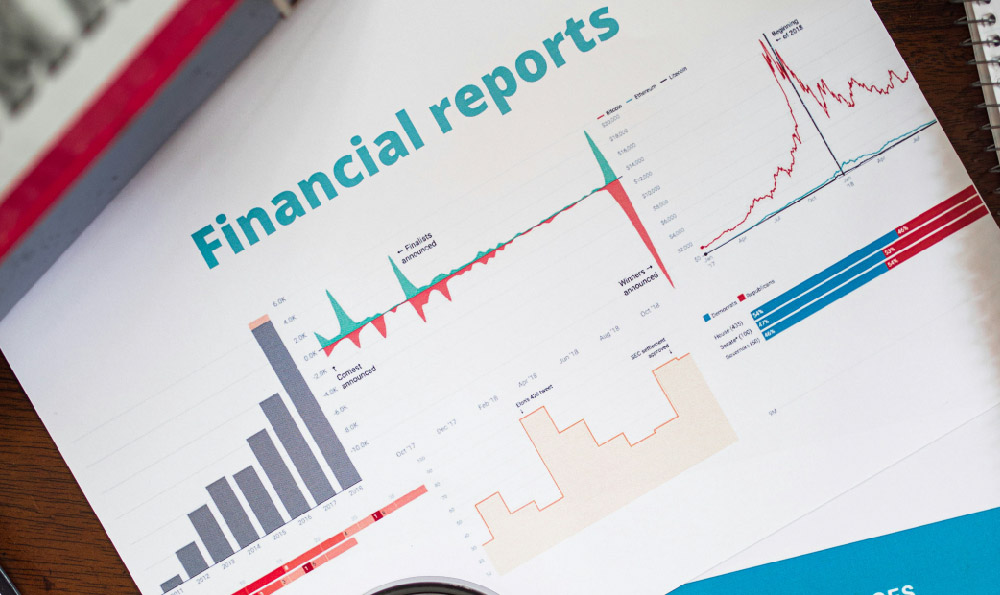How Much Do Jockeys Earn? What's the Average Jockey Salary?
The life of a jockey is one often romanticized, filled with the thunder of hooves, the roar of the crowd, and the thrill of victory. However, beneath the surface lies a demanding profession requiring immense skill, unwavering dedication, and a high tolerance for risk. One crucial aspect often overlooked in the glamour is the financial reality – how much do jockeys actually earn? The answer, like the sport itself, is multifaceted and depends on a complex interplay of factors.
There's no simple "average" jockey salary readily available like you might find for other professions. The compensation structure is unique, primarily based on a combination of riding fees, percentages of the purse (prize money) earned in races, and potential bonuses. This means income can vary drastically from one jockey to another, and even for the same jockey from one year to the next.
The riding fee is a set amount paid to a jockey for each race they ride, regardless of whether they win, place, or show. These fees are relatively modest and can range anywhere from a few hundred dollars for a low-stakes race at a smaller track to several hundred, or even a thousand dollars, for a prestigious race at a major track. Riding fees are essentially the base pay, ensuring a jockey receives some compensation even when their horse doesn't perform well. However, these fees alone are rarely enough to sustain a jockey, especially considering the costs associated with maintaining their physical fitness, travel expenses, and agent fees.

The real money for jockeys comes from the purse earnings. If a jockey's horse finishes in the top three, the jockey typically receives a percentage of the prize money. The exact percentage varies depending on the track, the race, and the agreement between the jockey and the horse owner. Generally, a winning jockey receives around 10% of the winner's share of the purse. Jockeys who finish second or third usually receive a smaller percentage, typically around 5%. For high-stakes races with substantial purses, this percentage can translate into significant earnings. Winning the Kentucky Derby, for example, can mean a six-figure payday for the jockey, on top of the riding fee and potential endorsements.
Beyond riding fees and purse percentages, some jockeys may also receive bonuses from owners or trainers for exceptional performances or long-term commitments. These bonuses can be tied to specific achievements, such as winning a certain number of races or maintaining a high winning percentage. However, bonuses are not guaranteed and depend entirely on the individual circumstances and relationships involved.
The financial success of a jockey is heavily influenced by several key factors. Skill and experience are paramount. Top jockeys with proven track records are in high demand and can command higher riding fees and attract better mounts. A jockey's ability to consistently make the right decisions during a race, judge pace accurately, and communicate effectively with their horse is crucial for success. Reputation also plays a significant role. Jockeys with a reputation for honesty, integrity, and professionalism are more likely to be hired by reputable owners and trainers.
The quality of the horses a jockey rides is another crucial determinant of their earnings. Even the most skilled jockey cannot consistently win on inferior horses. Jockeys who are able to secure rides on well-bred, well-trained horses have a significantly higher chance of success. Building strong relationships with trainers and owners is essential for gaining access to these opportunities.
The location of the racetrack and the number of races available also impact a jockey's earning potential. Jockeys who primarily ride at major tracks with larger purses have the opportunity to earn significantly more than those who ride at smaller, less competitive tracks. The frequency with which a jockey rides is also a factor. Jockeys who are able to secure multiple rides each day have a greater chance of increasing their earnings.
The expenses associated with being a jockey can be substantial. Jockeys must maintain a rigorous training regimen to stay in peak physical condition. This often involves hiring personal trainers, nutritionists, and other specialists. Travel expenses can also be significant, as jockeys often need to travel to different racetracks to compete. Jockeys also typically pay a percentage of their earnings to their agents, who are responsible for securing rides and negotiating contracts. Insurance costs, including health and disability insurance, are also a necessary expense. Furthermore, equipment, such as saddles and riding gear, needs to be purchased and maintained. These costs can significantly reduce a jockey's net income.
Considering all these factors, it's difficult to provide a precise average jockey salary. Some sources may cite figures, but they often represent rough estimates based on limited data. The vast majority of jockeys earn a modest living, barely covering their expenses. Only a small percentage of jockeys achieve superstar status and earn substantial incomes. These top jockeys are often household names, featured in advertising campaigns and commanding large endorsement deals. However, they represent the exception, not the rule.
Ultimately, the financial reality of being a jockey is one of high risk and high reward. While the potential for significant earnings exists, it is only realized by a select few who possess the talent, dedication, and luck necessary to succeed in this demanding profession. Most jockeys are hard-working individuals who are passionate about their sport and willing to endure the challenges and uncertainties that come with it. Their rewards are often measured not in dollars and cents, but in the thrill of competition and the satisfaction of achieving personal excellence. Therefore, when considering a career as a jockey, it’s crucial to weigh the passion for the sport against the very real financial uncertainties that the profession entails. It is not a guaranteed path to riches, but for those with the unwavering dedication and exceptional talent, it can offer a fulfilling, albeit financially unpredictable, life.















